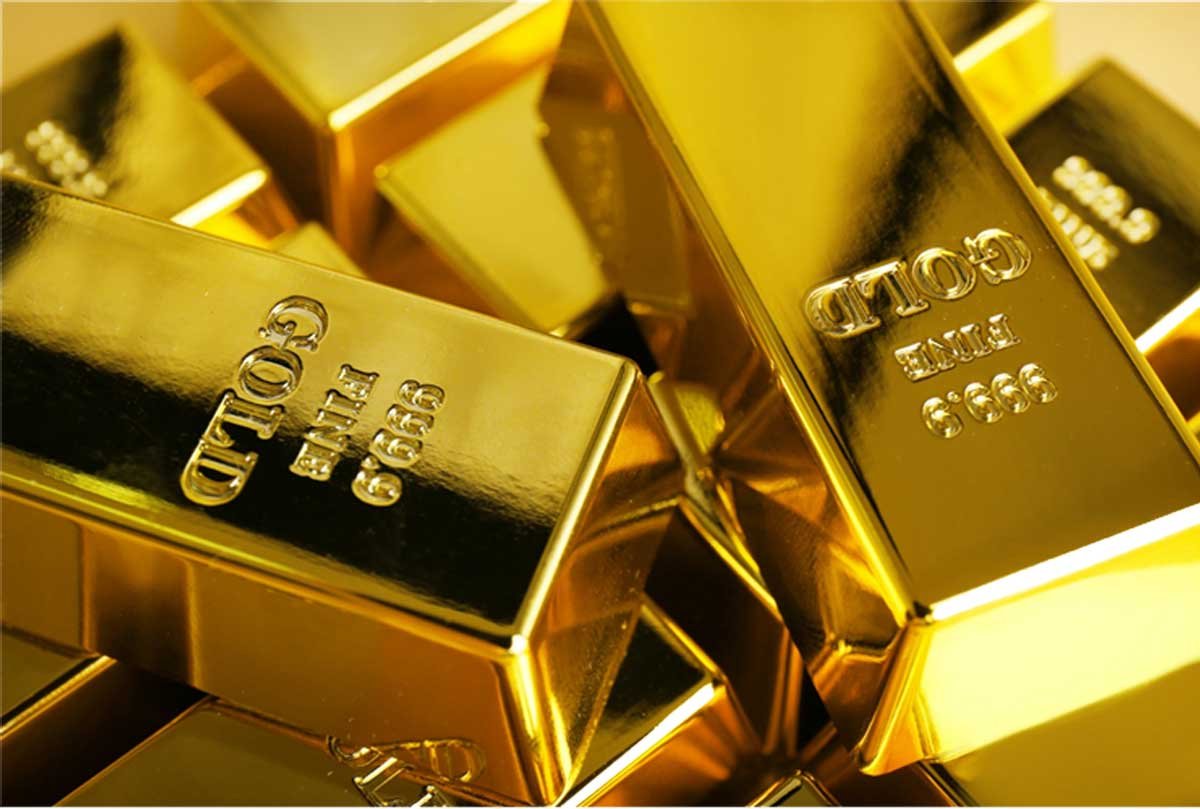Understanding Gold Exchange: A Guide to Trading and Investing in Gold
Introduction:
Gold has always been regarded as a symbol of wealth, security, and stability. Over the centuries, it has maintained its position as a valuable asset, not just for jewelry but also for investment. One key concept that has emerged in finance is the gold exchange. But what exactly is gold exchange, and why should you consider it as part of your investment portfolio? This article aims to comprehensively understand gold exchange and how you can leverage it for your financial growth.
What is a Gold Exchange?
A gold exchange refers to the process where gold is bought, sold, or traded on various platforms, typically stock exchanges, commodity markets, or specialized gold trading networks. Unlike traditional methods where gold was exchanged physically, today, the process is mostly digital, involving gold derivatives, exchange-traded funds (ETFs), and contracts. The gold exchange operates similarly to stock exchanges, allowing investors to trade shares that represent a specific quantity of gold.
Types of Gold Exchange Platforms
Physical Gold Exchange
Investors purchase gold, which is stored in vaults, and can either sell it later for a profit or keep it as a hedge against inflation.
Gold Futures and Options
In a gold futures market, traders agree to buy or sell a specific amount of gold at a predetermined price at a future date. This market is ideal for those looking to speculate on gold price movements. Options, on the other hand, give the investor the right, but not the obligation, to buy or sell gold at a specific price within a certain timeframe.
Benefits of Gold Exchange
- Liquidity
One advantage of gold exchange is liquidity. Whether you’re trading gold ETFs or buying physical gold, it’s easy to convert gold into cash due to the high demand in global markets. - Portfolio Diversification
Gold is often considered a “safe haven” investment. During times of economic uncertainty, gold tends to hold or increase its value. Including gold in your investment portfolio can provide a hedge against market volatility and inflation. - Ease of Access
With the rise of online platforms and stock exchanges offering gold-based products, investing in gold has become easier than ever. You can invest in gold ETFs or purchase shares in gold mining companies with just a few clicks. - Lower Risk
While gold prices can fluctuate, they are generally less volatile than stocks or other commodities. Historically, gold has been a stable investment, making it an attractive option for conservative investors.
Factors That Influence Gold Prices in Exchanges
- Global Economic Conditions
Gold prices are closely linked to global economic performance. When markets are unstable or currencies devalue, investors often flock to gold, driving up its price. On the other hand, the value of gold could go down in economic expansion. - Inflation Rates
When inflation rises, the purchasing power of money decreases, but gold tends to retain or increase its value. - Interest Rates
Interest rates and gold prices are frequently inversely correlated. Low interest rates lower the opportunity cost of owning gold, which increases demand. On the other hand, gold may become less desirable as a hedge if interest rates rise. - Geopolitical Events
Political instability, wars, and conflicts often result in higher gold prices. Investors view gold as a safe haven in uncertain times, which increases demand during crises.
How to Get Started with Gold Exchange
- Choose the Right Platform
Research different platforms that offer gold trading or investment. Some might focus on physical gold, while others offer gold ETFs, futures, or options.
Whether you want to own physical gold, invest in ETFs, or speculate in gold futures, make sure you understand the risks and rewards associated with each type of investment. - Monitor Gold Prices
Before making any investment decisions, keep an eye on the current price of gold, as well as market trends and economic factors that could influence its value. - Consult Financial Experts
Gold exchange can be complex, especially when dealing with futures or options. Consulting with a financial advisor or investment expert can help you navigate the market effectively and make informed decisions.
Conclusion
The concept of gold exchange offers investors a variety of options to trade, invest, and secure their wealth through one of the most stable assets in human history. Whether you’re a seasoned investor or a beginner looking for a safe way to diversify your portfolio, gold offers a range of opportunities. By understanding how the gold exchange works and staying informed on market trends, you can leverage the benefits of this timeless investment for long-term financial security.
See More Articles: Click Here



